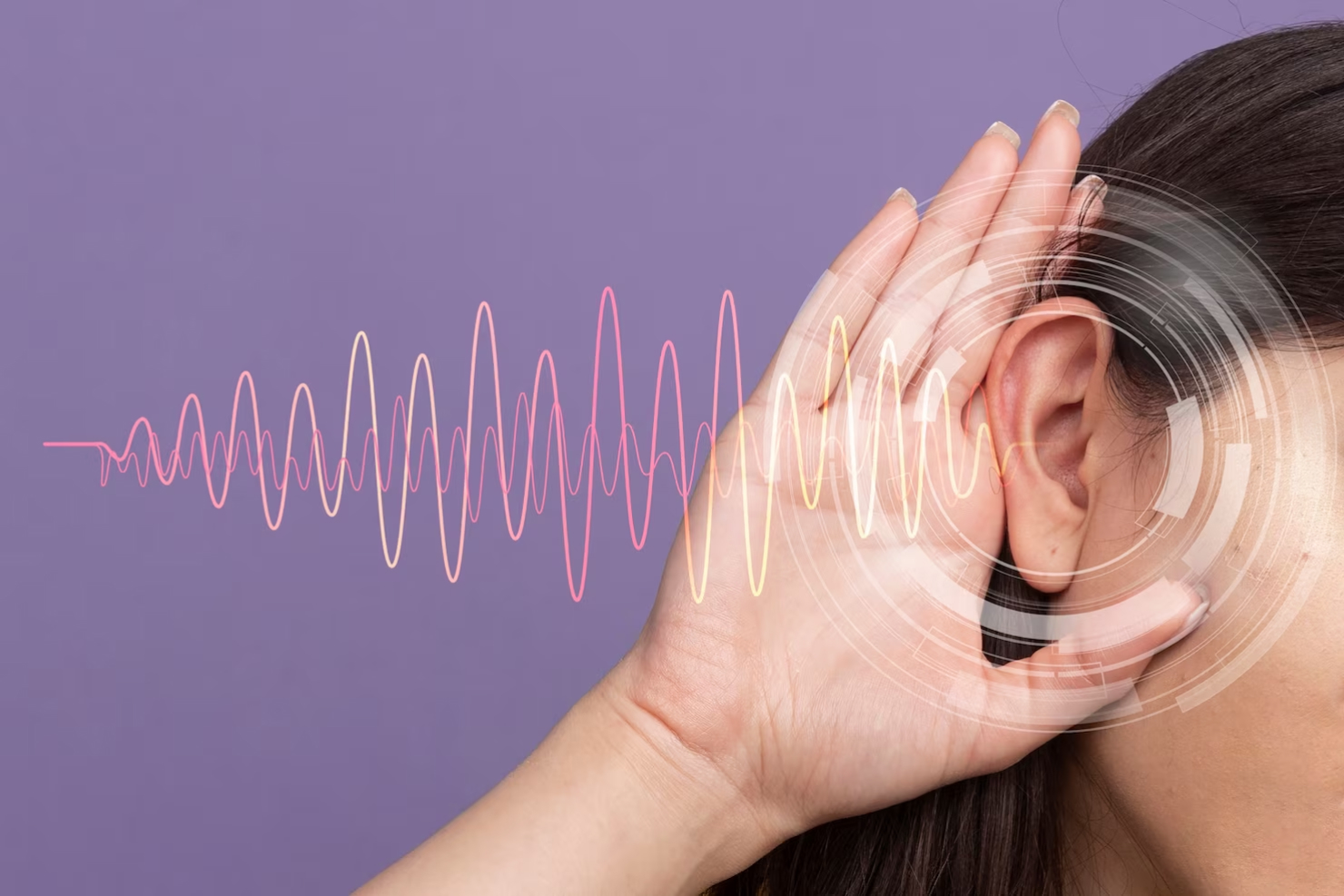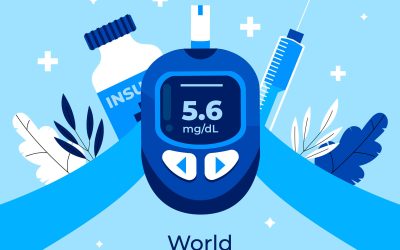What is World Hearing Day?
World Hearing Day, observed annually on March 3rd, aims to raise awareness about hearing loss and promote ear and hearing care across the globe. Organized by the World Health Organization (WHO), this day provides an opportunity to advocate for early detection and intervention of hearing loss and deafness.
The theme for World Hearing Day changes each year to address different aspects of hearing health. From highlighting the importance of early screening and diagnosis to promoting access to hearing devices and rehabilitation services, the themes emphasize the need for comprehensive approaches to address hearing loss at the individual, community, and global levels.
Hearing loss affects millions of people worldwide, with various factors contributing to its prevalence, including aging, exposure to loud noise, infections, genetic predisposition, and certain medical conditions. Untreated hearing loss can have significant social, economic, and health consequences, impacting communication, education, employment opportunities, and overall quality of life.
World Hearing Day activities include educational campaigns, workshops, screenings, and advocacy events organized by governments, healthcare organizations, NGOs, and community groups. These initiatives aim to raise awareness about hearing loss prevention, encourage regular hearing screenings, and promote inclusive policies and programs for individuals with hearing impairments.
Through collaborative efforts, stakeholders work to reduce the burden of hearing loss by promoting healthy hearing habits, advocating for accessible and affordable hearing care services, and fostering a supportive environment for individuals with hearing difficulties.
Ultimately, World Hearing Day serves as a reminder of the importance of preserving and protecting our hearing health and underscores the need for concerted action to ensure that everyone has the opportunity to enjoy a life full of sound and communication.
When is World Hearing Day 2024?
World Hearing Day is observed annually on March 3rd. Therefore, World Hearing Day 2024 will be celebrated on March 3rd, 2024.
How to celebrate World Hearing Day?
World Hearing Day is an important occasion dedicated to raising awareness about hearing loss and promoting ear and hearing care across the globe. Here are some meaningful ways to celebrate this day:
1. Spread Awareness:
Educate others about the significance of World Hearing Day and the importance of maintaining good hearing health. Share informative posts on social media, organize awareness campaigns in your community, or distribute pamphlets highlighting preventive measures and available resources.
2. Get a Hearing Check-Up:
Encourage individuals to undergo hearing screenings to assess their hearing abilities. Many healthcare facilities offer free or discounted hearing tests on World Hearing Day, making it convenient for people to prioritize their auditory health.
3. Organize Events:
Host events such as seminars, workshops, or webinars featuring audiologists, ENT specialists, and hearing aid experts. These sessions can cover topics like the causes of hearing loss, preventive measures, treatment options, and advancements in hearing aid technology.
4. Support Hearing Aid Access:
Advocate for improved accessibility to hearing aids and assistive devices for individuals with hearing impairments, especially in underserved communities. Donate hearing aids or volunteer with organizations that provide hearing healthcare services to those in need.
5. Promote Safe Listening Practices:
Raise awareness about the damaging effects of exposure to loud noises on hearing health. Encourage the use of ear protection in noisy environments, such as concerts, construction sites, and sporting events, and promote the practice of safe listening habits among children and adults alike.
6. Collaborate with Schools:
Partner with educational institutions to incorporate hearing health education into their curriculum. Organize interactive sessions or presentations for students to learn about the importance of protecting their hearing and recognizing signs of hearing loss.
7. Advocate for Policy Change:
Support initiatives aimed at implementing policies that protect individuals with hearing disabilities from discrimination and ensure equal access to healthcare, education, and employment opportunities.
8. Share Personal Stories:
Encourage individuals affected by hearing loss to share their experiences and challenges, fostering empathy and understanding within the community. Personal stories can inspire others to take proactive steps toward preserving their hearing health.
By actively participating in World Hearing Day celebrations, individuals and communities can contribute to a global movement towards creating a world where everyone has the opportunity to enjoy the benefits of good hearing.
World Hearing Day quotes
- “Hearing is a gift, cherish it every day.”
- “Listen to the world’s symphony, protect your hearing.”
- “Open your ears to the beauty of sound on World Hearing Day.”
- “Hearing loss is silent, but its impact is profound.”
- “Your ears are precious, keep them safe and sound.”
- “Celebrate the gift of hearing and raise awareness for those who cannot.”
- “Healthy hearing, happy living.”
- “Hear today, thrive tomorrow.”
- “Let’s make every voice heard this World Hearing Day.”
- “Listen carefully, the world is speaking to you.”
World Hearing Day facts
- Over 5% of the world’s population – or 466 million people – have disabling hearing loss.
- Approximately 34 million children worldwide have disabling hearing loss.
- Nearly 60% of childhood hearing loss is preventable.
- Hearing loss prevalence increases with age, affecting one-third of people over 65 years old.
- Loud noise exposure is one of the leading causes of hearing loss globally.
- Only 17% of people with hearing loss use hearing aids.
- Untreated hearing loss can lead to social isolation, cognitive decline, and reduced quality of life.
- World Hearing Day aims to raise awareness about hearing loss prevention, early detection, and treatment.
- Many workplaces lack hearing conservation programs, putting workers at risk of noise-induced hearing loss.
- Access to affordable hearing care services, including hearing aids and cochlear implants, remains limited in low-income countries.
Conclusion
World Hearing Day serves as a critical reminder of the importance of preserving and protecting our hearing health. With millions worldwide affected by hearing loss, it’s imperative to raise awareness about prevention, early detection, and treatment options. The day underscores the need for governments, healthcare professionals, organizations, and individuals to prioritize hearing care and accessibility to services.
Through education, advocacy, and outreach efforts, we can work towards creating a world where everyone has access to quality hearing healthcare. By promoting hearing conservation programs in workplaces, schools, and communities, we can prevent noise-induced hearing loss and promote overall well-being.
On World Hearing Day, let’s commit to fostering inclusive environments that support individuals with hearing loss and empower them to lead fulfilling lives. By amplifying the importance of hearing health, we can ensure that everyone has the opportunity to enjoy the sounds of life to the fullest extent. Together, let’s strive towards a future where no one’s quality of life is compromised by hearing loss, and where everyone has equal access to hearing care services and support.



